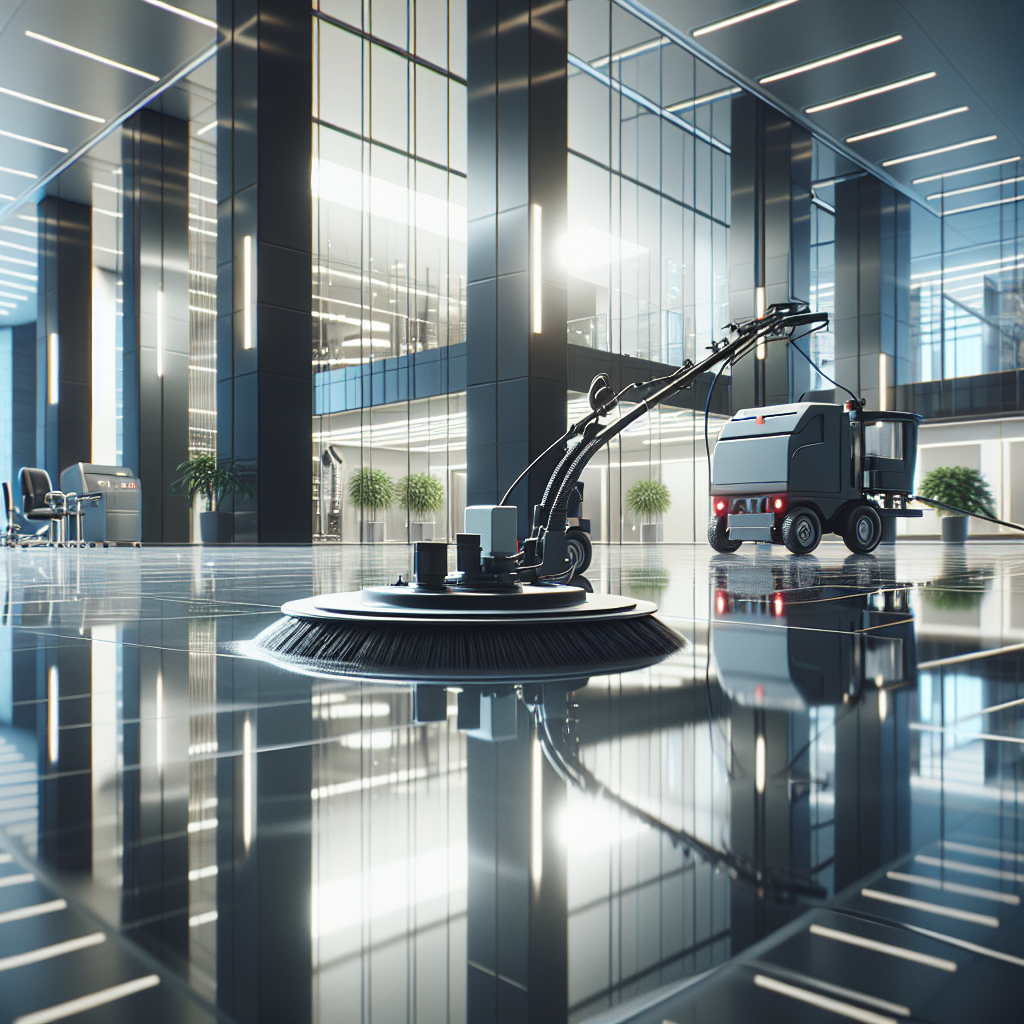As someone with over 45 years of experience in the cleaning industry across Australia and the Netherlands, I have encountered and overcome numerous cleaning challenges. One key aspect I have learned is the importance of preventing common cleaning mistakes before they happen. By being proactive and implementing best practices, you can save time, resources, and ensure a spotless clean every time.
1. Proper Training and Education
Investing in proper training for your cleaning staff is crucial. Make sure they understand the correct techniques, cleaning products, and safety procedures. Well-trained staff are more efficient and effective in their cleaning tasks.
- Regularly update training programs to incorporate new cleaning technologies and methods.
- Provide ongoing education to keep staff motivated and informed.
- Encourage certification in specialized cleaning areas to enhance expertise.
2. Choosing the Right Cleaning Products
Selecting the correct cleaning products is essential for achieving optimal results. Using the wrong product can damage surfaces, reduce cleaning efficiency, and even pose health risks.
- Consider factors such as surface type, dirt level, and environmental impact when choosing cleaning products.
- Test new products in inconspicuous areas before full-scale use to ensure compatibility.
- Follow manufacturer instructions for dilution ratios and application methods to maximize product effectiveness.
3. Time Management and Scheduling
Efficient time management is key to preventing cleaning mistakes. Develop a detailed cleaning schedule that prioritizes tasks based on urgency and frequency.
- Allocate sufficient time for each cleaning task to avoid rushing and overlooking important steps.
- Use time-tracking tools or apps to monitor cleaning progress and identify areas for improvement.
- Adjust cleaning schedules as needed to accommodate seasonal variations or special events.
Pro Tip: Prioritize high-traffic areas for more frequent cleaning to maintain a consistently clean environment.
4. Equipment Maintenance and Inspection
Regular maintenance of cleaning equipment is essential to prevent breakdowns and ensure optimal performance.
- Implement a maintenance schedule for equipment servicing, cleaning, and calibration.
- Inspect equipment before and after each use to identify any issues or potential safety hazards.
- Train staff on proper equipment handling and maintenance procedures to prolong lifespan.
5. Communication and Feedback
Open communication channels with clients, staff, and management can help prevent misunderstandings and address issues promptly.
- Encourage feedback from clients to improve service quality and address any concerns in a timely manner.
- Foster a culture of transparency and accountability within your cleaning team to promote teamwork and efficiency.
- Conduct regular meetings to discuss cleaning performance, share feedback, and implement improvements collaboratively.
By proactively addressing potential cleaning mistakes through proper training, product selection, time management, equipment maintenance, and communication, you can elevate your cleaning standards and deliver exceptional results consistently.



